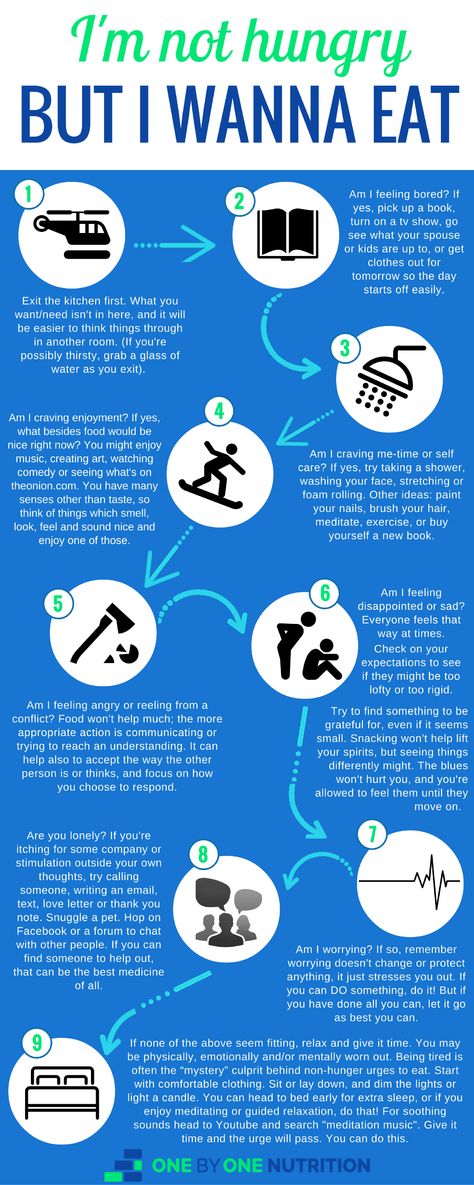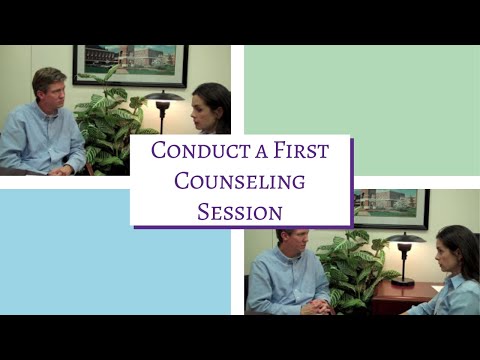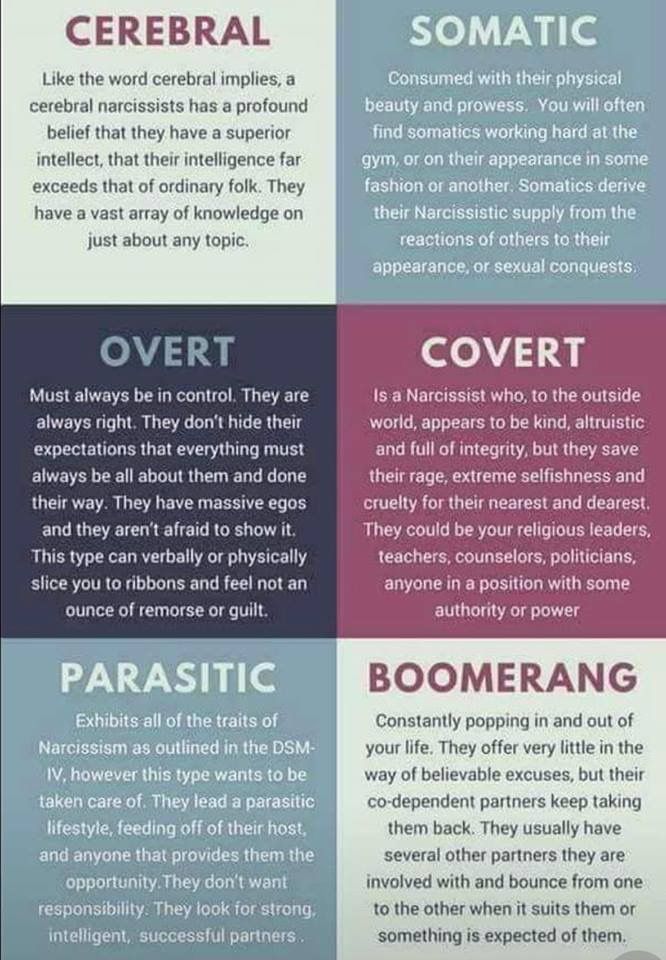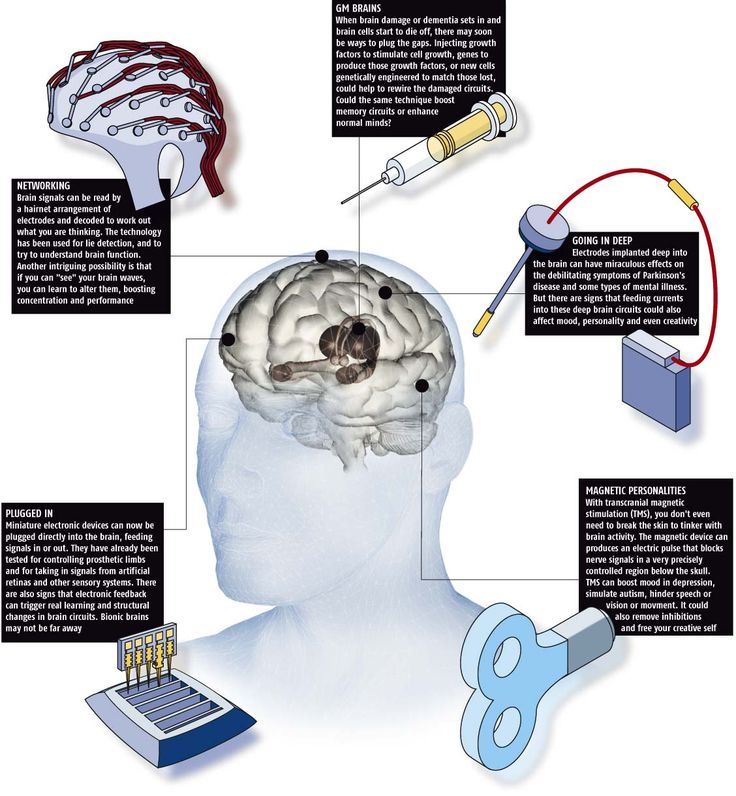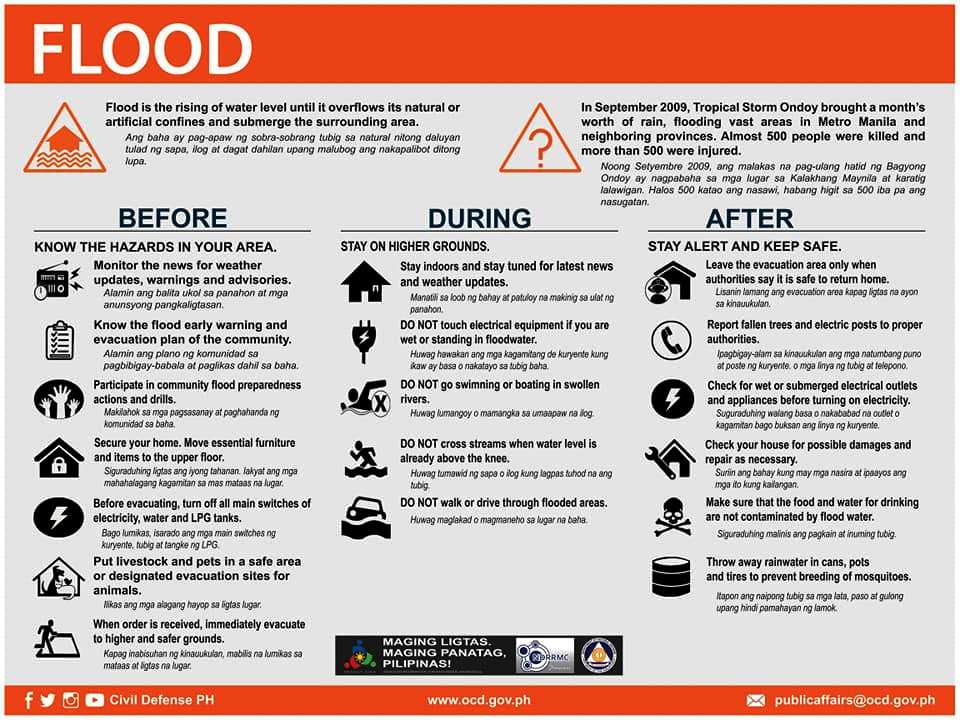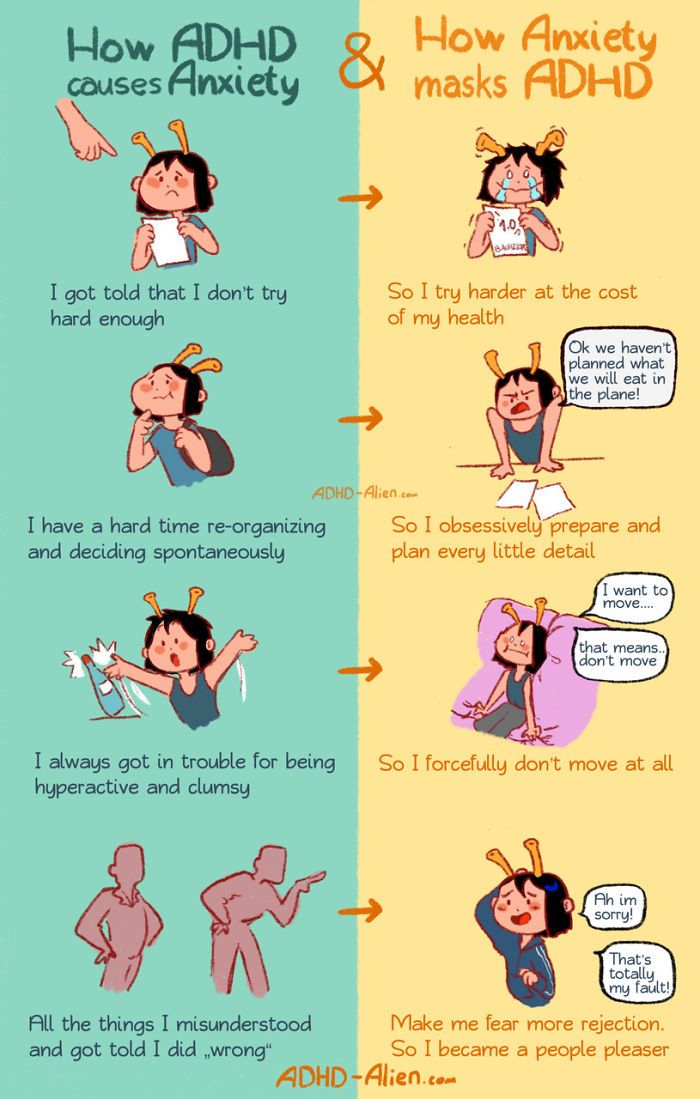What to do instead of eat
201 Things to Do Instead of Eat When You Aren’t Hungry
“Eat when you’re hungry, stop when you’re full.” If only it was that easy. Sometimes we eat when we’re hungry, other times we eat for other reasons. Maybe it’s because you’re bored, tired, lonely, angry or sad. If this happens occasionally it’s probably not a concern. If it happens often and it’s getting in the way of your goals and conflicts with your values, that’s when it’s important to stop and choose to act in a different way. Here are 201 things to do instead of eat when you aren’t hungry.
Take a look and write down the ideas that really speak to you. Write them down on a card you can keep in your wallet or put them in your phone as a note so you can access them when you need them.
If you’re hungry or otherwise realize it’s time to eat (it’s been more than 4 hours since you ate something or you’ve exercised and need more energy, etc.) by all means, eat and enjoy! Your body needs fuel.
Another note: you might find that some of these suggestions are triggering for you. For example, going to the movies when you’re having cravings for something buttery, salty or sweet could mean you end up caving and having those foods when that wasn’t what you really wanted to do. Choose ideas that feel helpful to you – everyone is different!
If you're struggling with emotional eating, here's a list of 201 things you can do instead of eat when your'e not hungry. #mindfuleating #healthyeating Click To Tweet
–> Pin this post
201 Things to Do Instead of Eat When You’re Not Hungry-
- Visualize a stop sign
- Observe, label and accept your emotions
- Dance to your favorite song
- Go for a walk
- Call a friend or family member
- Text someone to let them know you’re thinking of them
- Plan a vacation
- Make a list of places you want to travel to
- Make plans with a friend
- Take the dog for a walk
- Pet your dog, cat or gerbil (or visit a pet store)
- Sing along to your favorite song
- Make a playlist of songs that make you happy
- Draw
- Paint
- Do a crossword puzzle
- Listen to a podcast
- Design a website
- Journal
- Organize your closet
- Shine your shoes
- Organize a drawer
- Clean the bathroom
- Give yourself a manicure
- Give yourself a pedicure
- Do a face mask
- Take a bath
- Research places to volunteer
- Break down a large project into smaller steps
- Set goals
- Do pushups
- Do yoga
- Stretch
- Use a foam roller
- Sip on herbal tea
- Make a meal plan for the following day or week
- Make a list of home improvement projects
- Start or continue a home improvement project
- Visit an animal shelter
- Knit
- Crochet
- Watch your favorite TV show
- Go to a movie
- Go people watching
- Try a new class
- Watch an online lecture
- Look at cute animal photos online
- Pick out a gift for yourself
- Pick out a gift for someone else
- Go for a run
- Go for a bike ride
- Meditate
- Practice deep breathing
- Moisturize
- Watch funny videos
- Write a short story
- Write a poem
- Join an improv class
- Go to a museum
- Go to an art gallery
- Identify 5 things you can see
- Identify 5 things you can touch
- Identify 5 things you can hear
- Go through old photos
- Make a photo album or photo book
- Pay bills
- Schedule work emails
- Learn a language with an app or audio program
- Read
- Make a list of books you want to read
- Make a list of movies you want to see
- Write a letter to someone you admire
- Write a letter to someone you’re pissed off at
- Write a letter to someone you haven’t talked to in awhile
- Go to the gym
- Go to a pool and swim
- Put an ice pack on your neck and face
- Rearrange furniture
- Look at real estate online
- Volunteer at a soup kitchen
- Practice affirmations
- Focus on your goals
- Take a self defense class
- Drink a big glass of water
- Do some Tai Chi
- Look up nature walks and hikes near you
- Go out in nature
- Go for a drive
- Do some gardening
- Jump up and down
- Write and schedule some work emails
- Go to a library
- Read good news websites
- Go to a concert
- Start a meetup group
- Join an online support group
- Go swing on a swing
- Go down a slide
- Do a cartwheel
- Identify 5 things in your environment that are green
- Identify 5 things in your environment that are red
- Mold something out of plasticine or clay
- Identify 5 things in your environment that are blue
- Buy yourself flowers
- Send someone flowers
- Do karaoke: Sing to a karaoke app, online video or channel
- Jump rope
- Hit a pillow
- Go to a driving range
- Go to a batting cage
- Go to a science center
- Get a goldfish
- Find a charity you want to support
- Donate to a charity
- Go to a sports game
- Go play pool
- Plan a party
- Invite someone over
- Invite someone to meet up
- Play a new instrument
- Try a new makeup look
- Do a hair conditioning mask
- Make some jewelry
- Make candles
- Light a fragrant candle
- Throw a tennis ball against a wall
- Ask someone for help
- Plan rewarding and fun activities for the week
- Visit a spa
- Take a nap
- Bang on a drum
- Make a to do list
- Prioritize items on your to do list
- Do something on your to do list
- Sign up for a workshop
- Go to a part of town you haven’t been to before
- Ride the subway/streetcar/bus
- Go to a bookstore and browse
- Pray
- Paint a wall
- Make a vision board
- Make a collage
- Make a list of things you’re grateful for
- Make a list of things you’re good at
- Dribble a basketball
- Color
- Do needlepoint
- Scream into a pillow
- Do jumping jacks
- Write a letter to a politician
- Go bowling
- Cuddle
- Take a shower and alternate between hot and cold water
- Plan a weekend getaway
- Throw rocks into a lake, river, pond, etc.
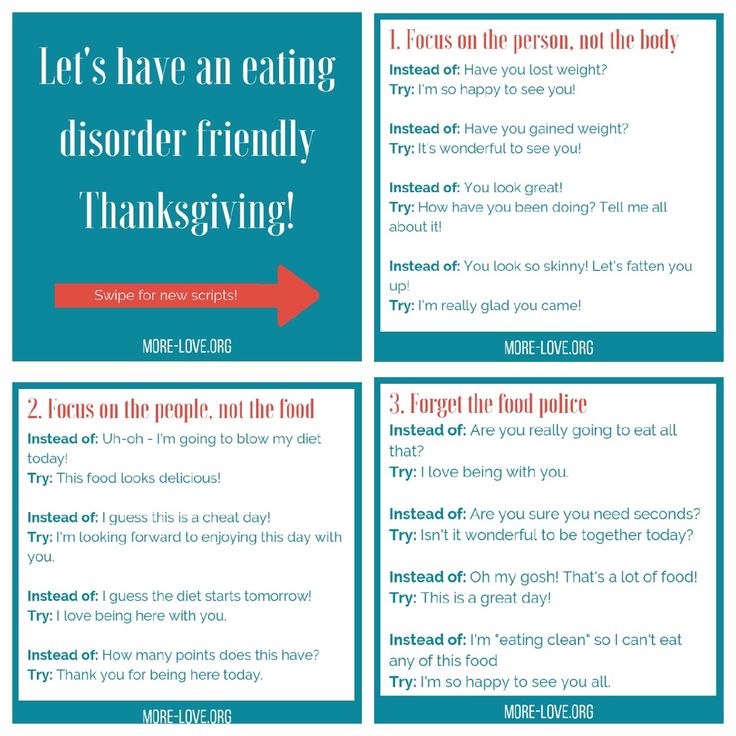
- Enter a contest
- Learn about a culture you’re curious about
- Squeeze a stress ball
- Play solitaire
- Play a game online or on an app
- Do a jigsaw puzzle
- Do a sudoku
- Go horseback riding
- Go to a zoo or petting zoo
- Take a dance class (online or in person)
- Brush your teeth
- Floss
- Chew gum
- Read a magazine
- Empty your email inbox
- Sort your mail
- Watch a home video
- Vacuum
- Wash the floors
- Lift weights
- Brush your pet
- Update your address book
- Test drive a car
- Do a random act of kindness
- Mend clothes that are torn or have missing buttons
- Plant an herb garden
- Plant a tree
- Do laundry
- Try aromatherapy
- Clap along to an upbeat song
- Listen to an audiobook
- Play with your kids (or visit friends or family with kids)
- Play chess
- Shop for shoes or accessories online
- Practice photography
- Get rid of unneeded files on your computer, cloud, etc.

- Start your own business
- Do some origami
- Make paper airplanes and fly them
- Make goo
- Clean your computer screen and keyboard
- Iron
- Pluck your eyebrows
- Exfoliate
- Massage your face, shoulders or feet
- Make someone a gift (lots of fun easy ideas online)
OK, so there’s a bonus one. I’ll keep adding to this as I get more ideas!
Are there any activities or grounding techniques you’ve found helpful? Please share – you could really help someone else.
And don’t forget to pin this post for later!
Filed Under: Blog, Healthy Eating, Nutrition News, Weight Loss
Reader Interactions
Feeling Bored? Here Are 10 Things to Do Instead of Eat
Blog Home / Nutrition and Diet
Here’s what to do when you’re bored that’s not eating.
by Allie Blackham
Snacking mindlessly is a habit that many people have, and it can contribute to many physical and mental health struggles. Eating to combat boredom can cause you to overeat and feel bloated, increase your weight gain, and even cause your self-esteem to drop.
Eating to combat boredom can cause you to overeat and feel bloated, increase your weight gain, and even cause your self-esteem to drop.
Why you may be eating when you’re bored
According to a study published by the National Library of Medicine, the drive behind boredom eating can be twofold:
- Eating can provide a positive reward or reinforcement that results in a spike in dopamine levels. When you’re bored, your dopamine levels drop, and a way to increase these levels is to eat.
- Munching on a snack can take the mind off the boredom or the negative feelings being experienced because you’re keeping busy with a task—even though it’s not a healthy one.
Related: Here's How to Create a Healthy Diet
Why it’s important to stop
Eating when you’re bored can quickly become an unhealthy habit that can impact your overall health. One of the most common outcomes is obesity, which is a rapidly growing problem.
In the United States, 36.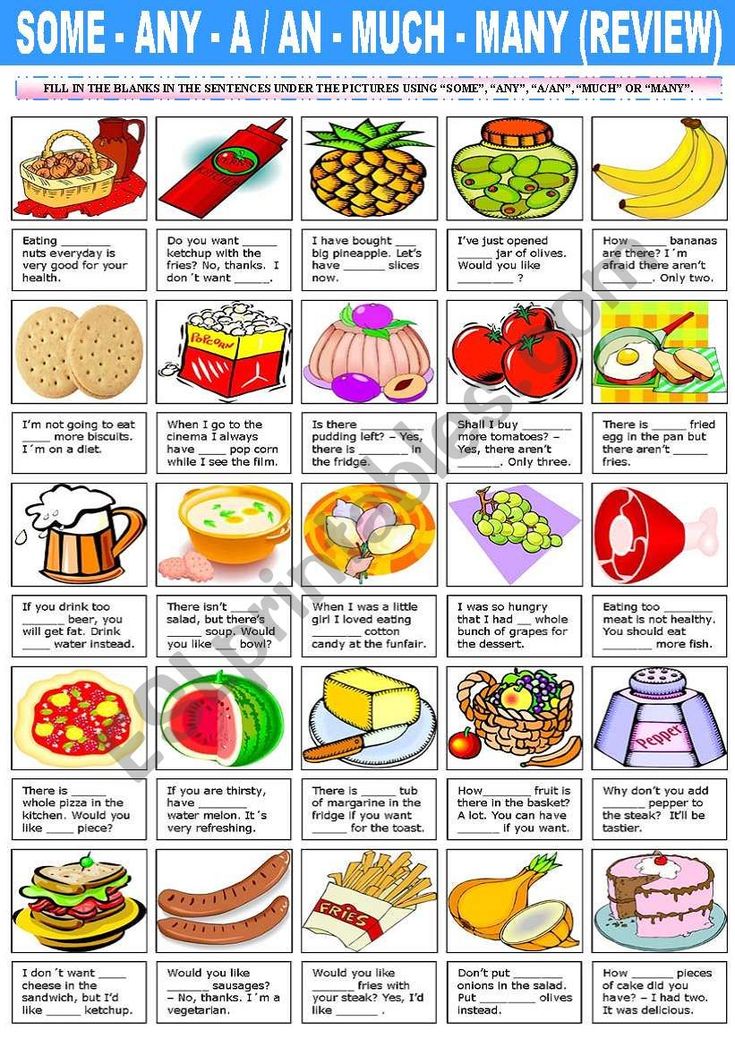 5% of adults are obese and other nearly 33% of adults are overweight. Obesity and excess weight can cause joint and mobility problems, cardiovascular disease, diabetes, and other health concerns.
5% of adults are obese and other nearly 33% of adults are overweight. Obesity and excess weight can cause joint and mobility problems, cardiovascular disease, diabetes, and other health concerns.
Additionally, if you’re eating when you’re bored, there’s a high chance you aren’t in tune with your body’s hunger cues. In fact, you may not even be hungry.
Understanding when you’re hungry is the first step in combatting boredom eating. There are several signs to keep a lookout for to learn whether you are actually hungry:
- You’ll get hungrier as time goes on. Hunger gradually builds over time and isn’t as quickly remedied.
- Your stomach will growl as your body is signaling that you’re hungry.
- Your feeling of hunger won’t pass. For example, drinking a glass of water won’t satisfy your craving for food.
Related: Clever Ways to Trick Your Body into Feeling Full
How to stop eating when bored
After identifying that you’re not truly hungry and just need something to do, you can try one of these ten ideas to hopefully fight the urge to eat:
- Practice mindful eating: Focus on the food you’re eating and really enjoy it by slowing down and eating more mindfully.
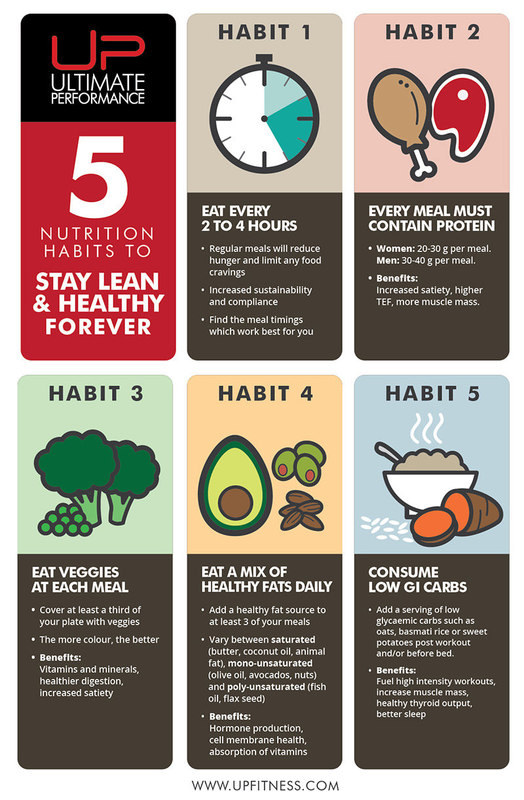
- Take a sip: Instead of eating, pour yourself a glass of water and hydrate. Add a few slices of lemon, a squirt of lime juice, or a couple of cucumber slices to add some flavor.
- Plan out your meals and snacks: By planning ahead, you can think about what you’ll eat throughout the day and when you’ll eat it. Snacking can certainly be part of a balanced diet, as long as you’re only snacking when you feel hungry and choosing nutritious options.
- Grab a piece of gum: Chewing gum can serve as a distraction when you’re feeling bored, so grab a piece of your favorite flavor and chew away.
- Find a new hobby: If you find that you’re bored often, look for hobbies that can keep your mind and hands busy. Knitting, reading, and shooting hoops can take some of your time and help you feel like you’re accomplishing something.
- Identify your triggers: Certain behaviors and habits may be linked to your boredom snacking habit.
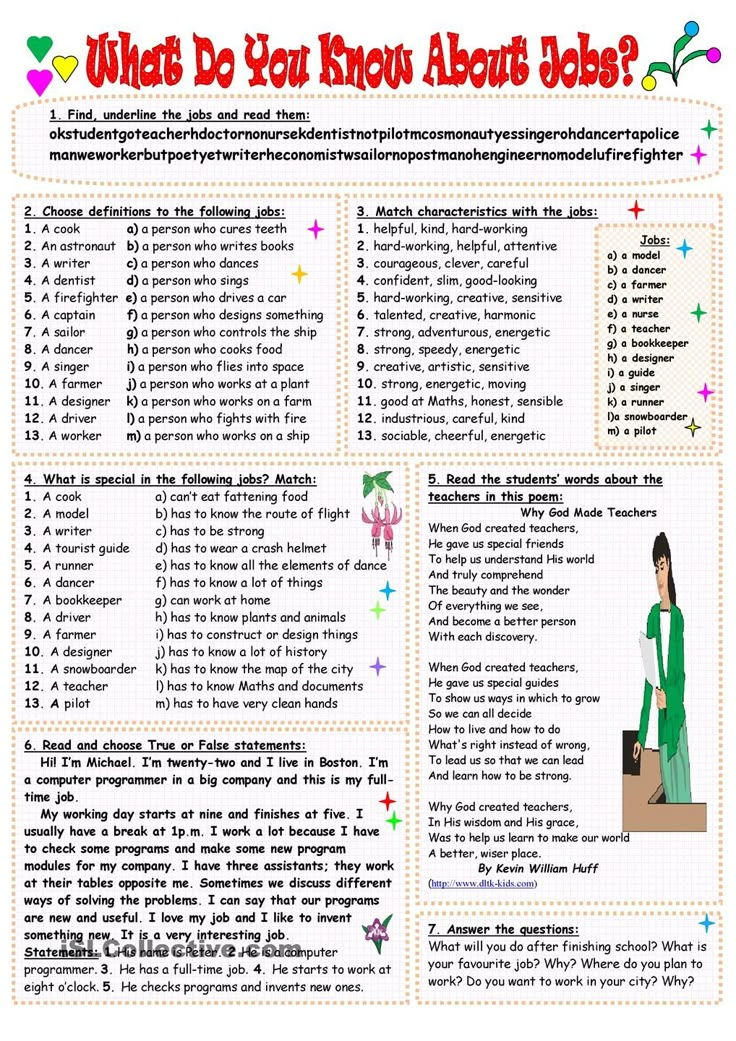 If you mindlessly munch during your breaks at work, you could take a walk to clear your mind.
If you mindlessly munch during your breaks at work, you could take a walk to clear your mind. - Call or meet up with a friend: Spending time with others can get you out of a boredom slump and boost your mood. If you can’t be together in person, give your friend a call to chat.
- Reorganize your living space: If you’re really bored, any activity will probably appeal to you, so put yourself to work and reorganize your living space. Clear out old clothes to donate or toss, wash and replace your sheets, and de-junk your dresser to create a more appealing space.
- Give your time: When you have extra time to spare during the week, find an organization that could use your help. Volunteering can help you feel good about yourself while also providing a service that can benefit someone else.
- Indulge in some self-care: Self-care can promote relaxation and reduce stress, so find ways to care for yourself.
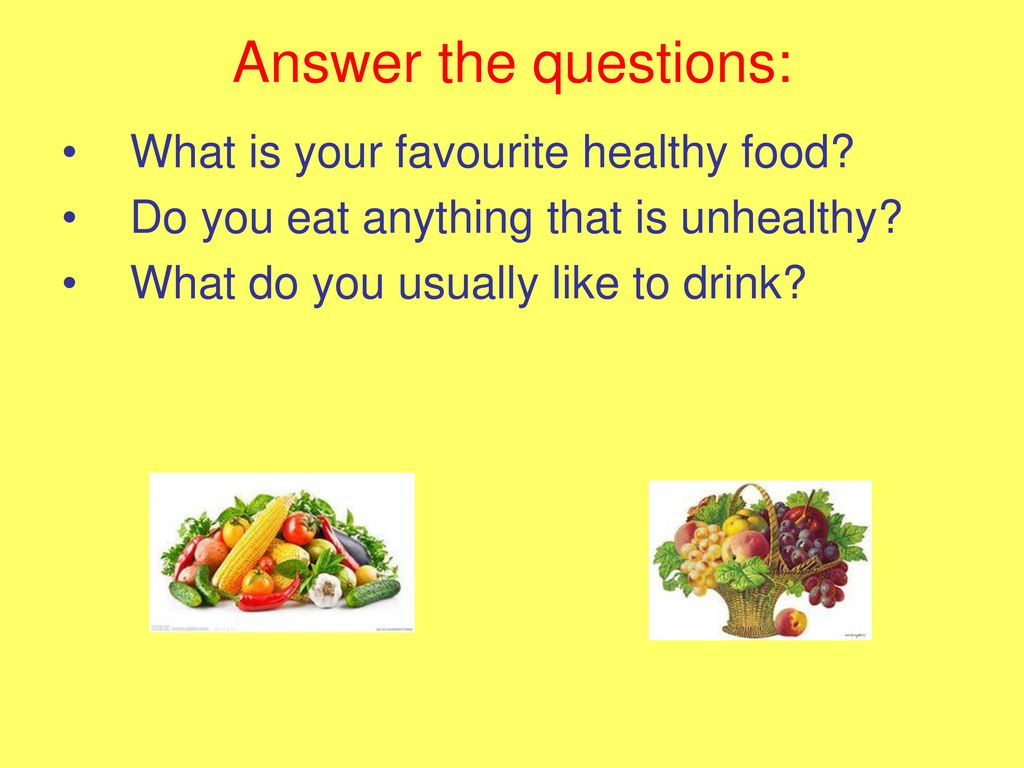 Soak in the bathtub, give yourself a nourishing face mask, or pick up a bouquet of your favorite flowers to brighten up your home.
Soak in the bathtub, give yourself a nourishing face mask, or pick up a bouquet of your favorite flowers to brighten up your home.
Boredom doesn’t have to impact your health goals. By eating more mindfully and identifying when you’re more likely to eat out of boredom, you can find ways to adjust your habits and eat only when your body truly needs fuel.
ABOUT THE AUTHOR
Allie Blackham is a freelance writer with more than 10 years of experience. She graduated with a degree in English from Brigham Young University and enjoys cooking, volunteering with the cats at her local animal shelter, and taking her daughters to Disneyland.
Related Articles
Healthy Sautéed Cinnamon Apples
No need to feel guilty when you indulge in a bowl full of healthy cinnamon apples, which serves as a perfect addition to any meal and easy snack.
Dairy-free Hot Chocolate
Warm up with a mug of dairy-free hot chocolate—made with just a few simple ingredients.
Flourless Pumpkin Bread
This version of pumpkin bread only requires 6 ingredients—it’s made without flour and naturally sweetened with maple syrup.
Are You Eating Enough Plants?
Getting more fruits and veggies in your diet doesn’t have to be as painful as it sounds!
ABOUT THE AUTHOR
Allie Blackham is a freelance writer with more than 10 years of experience. She graduated with a degree in English from Brigham Young University and enjoys cooking, volunteering with the cats at her local animal shelter, and taking her daughters to Disneyland.
Emotional food: what to change in the head to start losing weight
Lidia Ionova, a nutritionist, director and doctor of the medical nutrition center of the Doctor Ionova’s Clinic Center, the author of the methodology, told us what emotional eating is and whether it is worth fighting it formation of healthy eating behavior, author of the books "Healthy Habits" and "Healthy Recipes".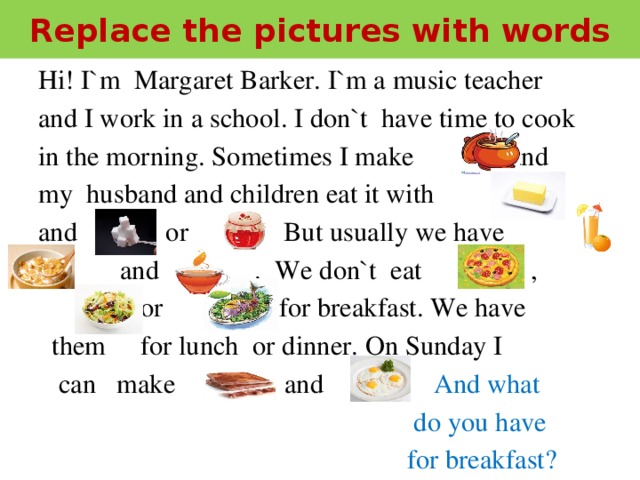
M.C.: The main request of clients who turn to nutritionists is how to quickly lose weight?
Lidia Ionova: I wouldn't say that. Fortunately, recently there are more and more people who turn to us in order to start eating right in order to feel cheerful and energetic. It's fashionable. I won’t discover America: relationships with food are built in a special way, because food for us is a symbol of security, prosperity, peace and tranquility. Very often this is not realized. The great-grandmother who survived the blockade is no longer alive, and the great-granddaughter - a young woman - continues to eat all the crumbs from the plate, because the reason lies in the belief that is transmitted from generation to generation. There are people who are accustomed to the reflex: I feel bad - I'll go to eat. Our parents, and we ourselves as parents, both encourage and punish with food: “Well done, good girl. Here's a chocolate bar for you”, “Got a bad grade? Didn't deserve the cake" or even worse - "You won't go to McDonald's!".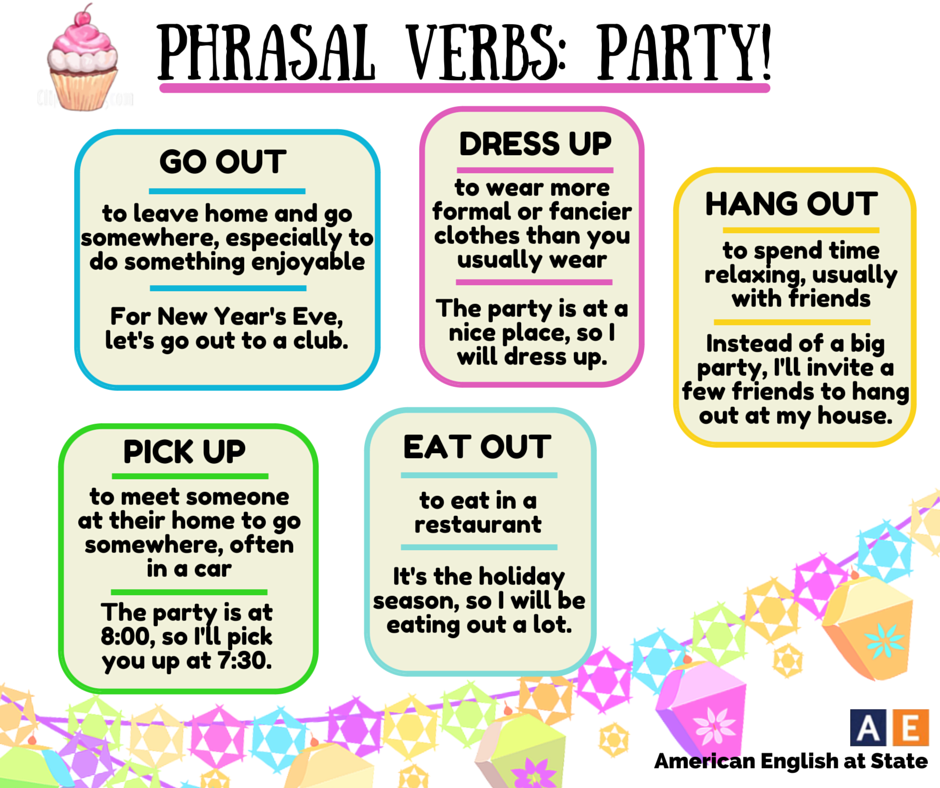 These examples confirm the existence of eating habits, which, of course, are determined by many factors, and even by what the mother ate during pregnancy. In the clinic, we analyze in detail the history of each person, and then work on an eating behavior management program. Let me emphasize: this is not a diet. This is the elimination of excess weight, the formation of a new healthy automatism in eating and awareness instead of restrictions. nine0003
These examples confirm the existence of eating habits, which, of course, are determined by many factors, and even by what the mother ate during pregnancy. In the clinic, we analyze in detail the history of each person, and then work on an eating behavior management program. Let me emphasize: this is not a diet. This is the elimination of excess weight, the formation of a new healthy automatism in eating and awareness instead of restrictions. nine0003
You adjust your diet by instilling 21 habits in a person. I studied your program and noted that there is nothing unrealistic in the list of habits. But following them all at the same time is very difficult. How long does it take a person to form them - a month, six months, a year?
21 habits are described in the book. In the clinic, of course, we can work in more detail with more habits. It is impossible to write down a program and invite an unprepared person to start following it from tomorrow. It will be too much stress and almost impossible.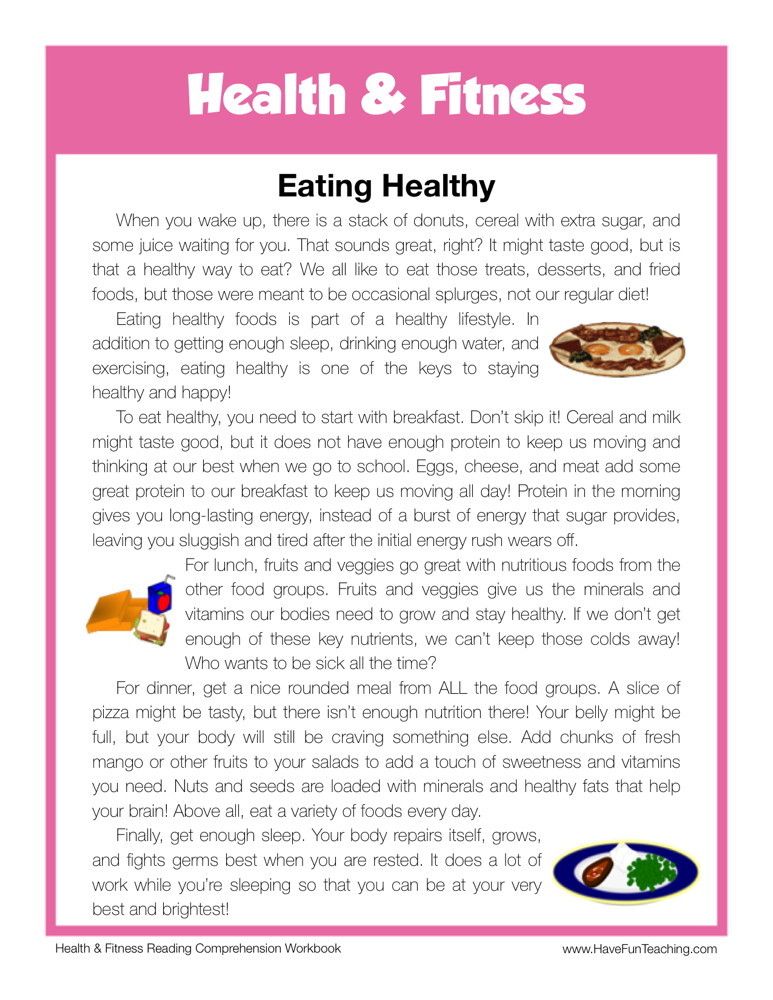 Therefore, in the first (zero) week, we start with basic habits, each next we add one or two more. Those with which we started are already well trained in two or three months. But two or three months is just the start. In general, the process takes about six months. nine0003
Therefore, in the first (zero) week, we start with basic habits, each next we add one or two more. Those with which we started are already well trained in two or three months. But two or three months is just the start. In general, the process takes about six months. nine0003
The most difficult part of your methodology is the relationship between food and emotions. Each of us has food on which we depend, but not everyone knows how to manage this addiction.
99% of people unconsciously react to certain emotions by eating something. We “eat” both sadness, sadness, grief, as well as joy, fun, delight - that is, any emotions. Another question is that for a number of people emotional eating is in the nature of a violation, and for some it is an addiction. After all, food is a great way to calm down and find a state of inner comfort for a short period, isn't it? And here it is important to distinguish between physiological (normal) and psychological hunger (craving).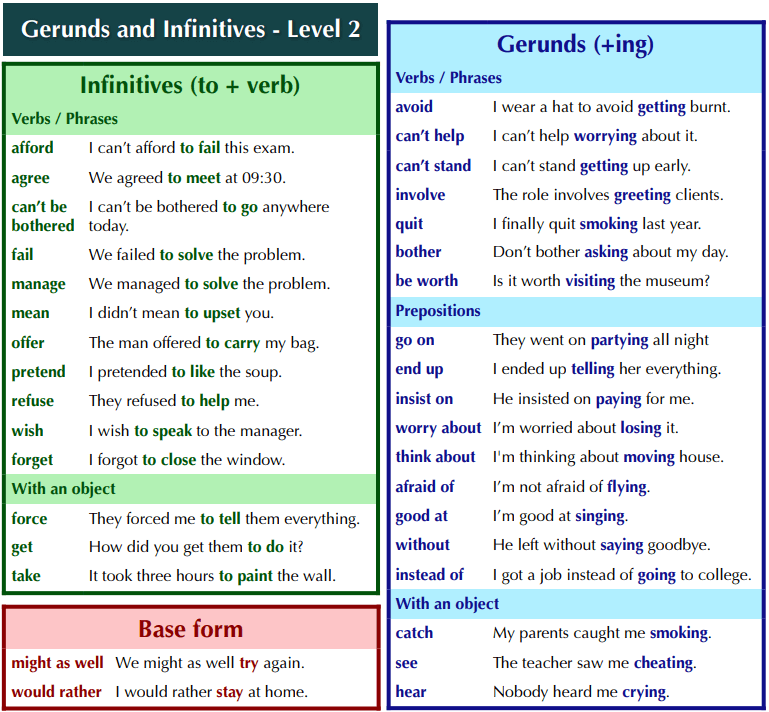 Physiological hunger, as a rule, manifests itself in bodily sensations: sucking in the stomach, emptiness in the abdomen, grumbling. And this hunger is "patient". We can wait for a while, unless, of course, 8 hours have passed since the last meal. In this case, the “bread crust test” works well (having eaten it, a person relieves hunger for a while). Traction, as a rule, "lives" not in the body, but in the head. A person has an obsession: I want a chocolate bar or I want this piece of meat. The craving is extremely "impatient", causing severe discomfort. For example, it seems to you that if you don’t eat what you want now, the world will collapse. A person experiences great suffering, holding back cravings. nine0003
Physiological hunger, as a rule, manifests itself in bodily sensations: sucking in the stomach, emptiness in the abdomen, grumbling. And this hunger is "patient". We can wait for a while, unless, of course, 8 hours have passed since the last meal. In this case, the “bread crust test” works well (having eaten it, a person relieves hunger for a while). Traction, as a rule, "lives" not in the body, but in the head. A person has an obsession: I want a chocolate bar or I want this piece of meat. The craving is extremely "impatient", causing severe discomfort. For example, it seems to you that if you don’t eat what you want now, the world will collapse. A person experiences great suffering, holding back cravings. nine0003
It turns out that physiological hunger needs to be satisfied, and psychological hunger must be curbed?
In no case should you suppress cravings - you need to work with it, otherwise it will become even stronger. It's like with emotions: as soon as we start to control them, they immediately become uncontrollable.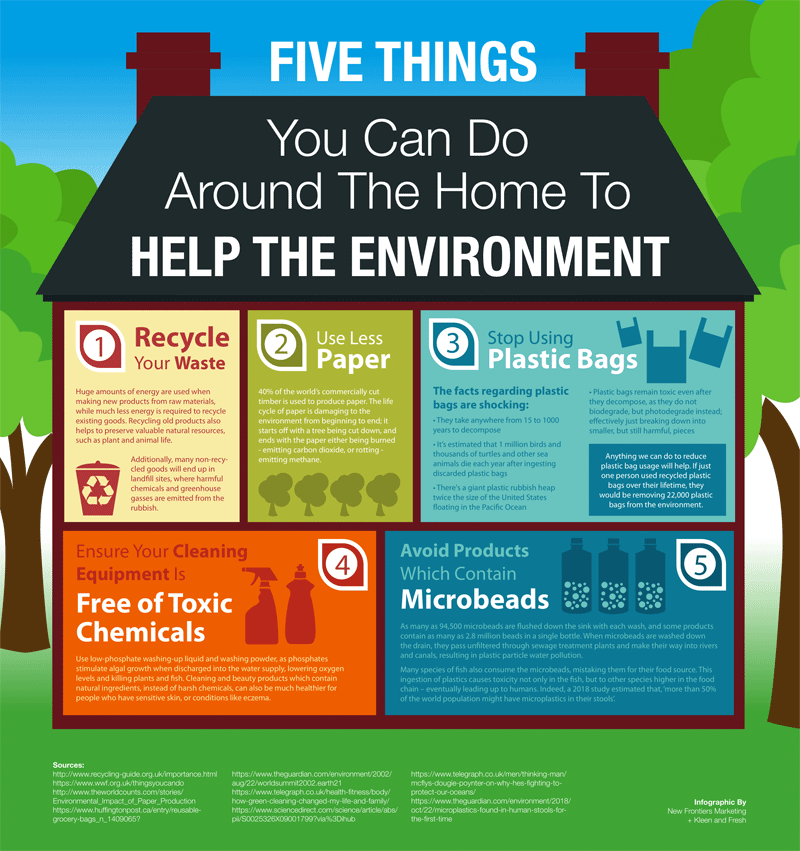 Craving, just like emotions, gives us a lot of important information if we can communicate with it correctly.
Craving, just like emotions, gives us a lot of important information if we can communicate with it correctly.
During the working week I eat more or less right. But, for example, when I get to visit or go to a big family dinner, it feels like they are depriving me of willpower - I want this high-calorie salad, and pancakes, and dessert, and sometimes even bread with butter and sweet tea ...
This has nothing to do with willpower, but with the need to be a member of a group, to say by your behavior: “I'm with you! We are one family." If you start eating something else, it will be a psychological message: you are separate, and I am separate. I think if this is not repeated often and does not interfere with your life, you should not worry.
Let's say I want to eat chocolate at 9 pm. I understand that it is a urge. How can I work with her?
One technique is the 20 Minute Rule: give yourself that time, make a conscious decision (not impulsive) whether or not to eat chocolate.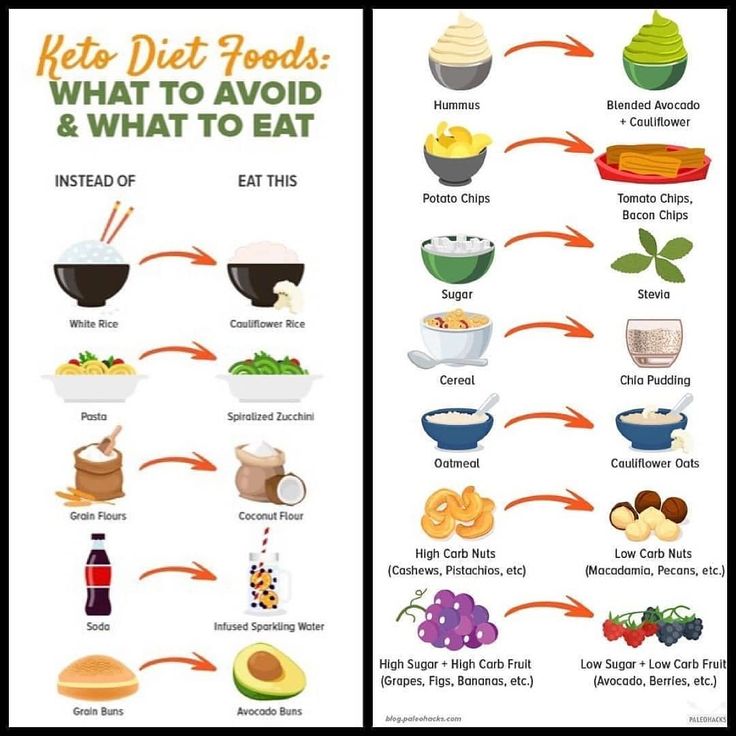 Just don't walk around the chocolate bar waiting for the timer to sound. You have some serious inner work ahead of you. Step One: Try to identify what kind of emotion or situation might have triggered your craving? The cause can be any unmet need according to Maslow's pyramid - from the need for food, sleep or sex, to the need for love and security. An important point: needs are not related to emotions, but to awareness, to the ability to listen to yourself and understand what I really want now. Step Two: Ask yourself what non-food way can you satisfy an unfulfilled need or experience that emotion? nine0003
Just don't walk around the chocolate bar waiting for the timer to sound. You have some serious inner work ahead of you. Step One: Try to identify what kind of emotion or situation might have triggered your craving? The cause can be any unmet need according to Maslow's pyramid - from the need for food, sleep or sex, to the need for love and security. An important point: needs are not related to emotions, but to awareness, to the ability to listen to yourself and understand what I really want now. Step Two: Ask yourself what non-food way can you satisfy an unfulfilled need or experience that emotion? nine0003
Let's say I've been working a lot, coming home late and realizing that my craving for chocolate comes from a need for love and care. What are my next steps?
You should answer the question, "What can I do right now to take care of myself?" It is very important. A huge number of people, and in the forefront of workaholics, not only do not ask themselves it - they are not even allowed to think about it: a complete ban on attention to their needs. If you do not have such a prohibition, you can easily find the answer to how to spend time with loved ones, read a magazine, watch a movie, or pet a dog. But I agree with you, it happens that the need cannot be satisfied in a non-food way. In this case, we teach to act by the surf method: thrust is detected, experienced and reduced. If the craving is very strong, a person can make a conscious decision: I am going to eat now, because I understand that I feel bad, and at the moment I have no other ways to improve my condition. nine0003
If you do not have such a prohibition, you can easily find the answer to how to spend time with loved ones, read a magazine, watch a movie, or pet a dog. But I agree with you, it happens that the need cannot be satisfied in a non-food way. In this case, we teach to act by the surf method: thrust is detected, experienced and reduced. If the craving is very strong, a person can make a conscious decision: I am going to eat now, because I understand that I feel bad, and at the moment I have no other ways to improve my condition. nine0003
And what difference does that make?
If cravings are consciously satisfied, secondary emotions of guilt and shame do not arise (as a rule, cravings always provoke them). In turn, guilt and shame increase cravings, the neurotic circle closes, and people, under the influence of emotions, eat even more. Conclusion: you need to learn to live emotions. It is no coincidence that I say “live”, because we are used to getting rid of, for example, running away: sadness, sadness, we urgently need to do something to immediately rejoice - for example, to eat.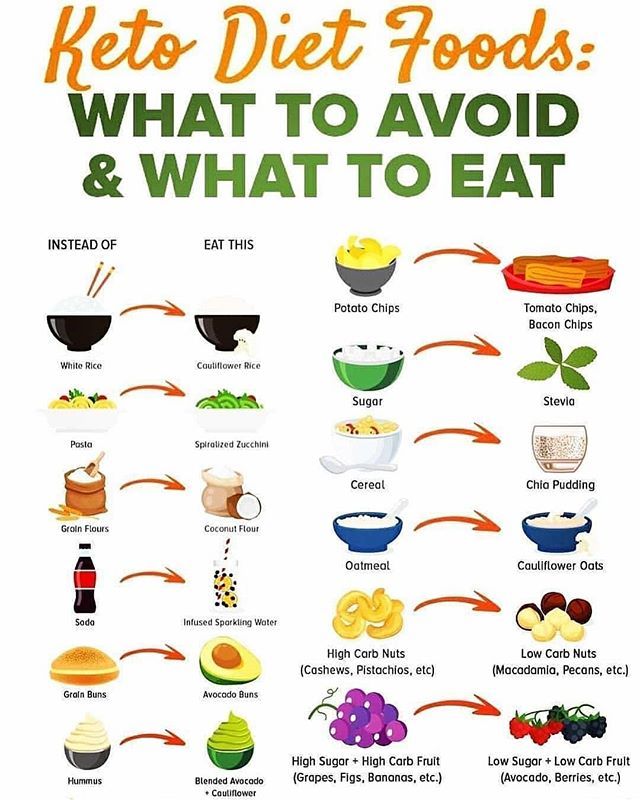 It's inefficient. nine0003
It's inefficient. nine0003
And if a person has a global feeling “I feel bad”, like a big black hole, and what is behind it, he is unable to say.
In the psychological portrait of overweight people there is a disorder called "alexithymia" - the inability to distinguish and label their emotions and physical states. It is now fashionable to call this low emotional intelligence. In the clinic, we help to cope with this problem, a nutritionist always works in tandem with a psychologist. It is not given immediately, but it can be taught. When men - I emphasize: serious businessmen, not aesthetes who tend to analyze their inner world - understand that they need it, believe me, they successfully learn to label their emotions. This is mindful eating - one of the habits that is not described in my book, but I talk about it in my workshops and lectures. The ability to listen, understand the signals of your body, distinguish these signals and, as a result, satisfy your needs in a non-food way.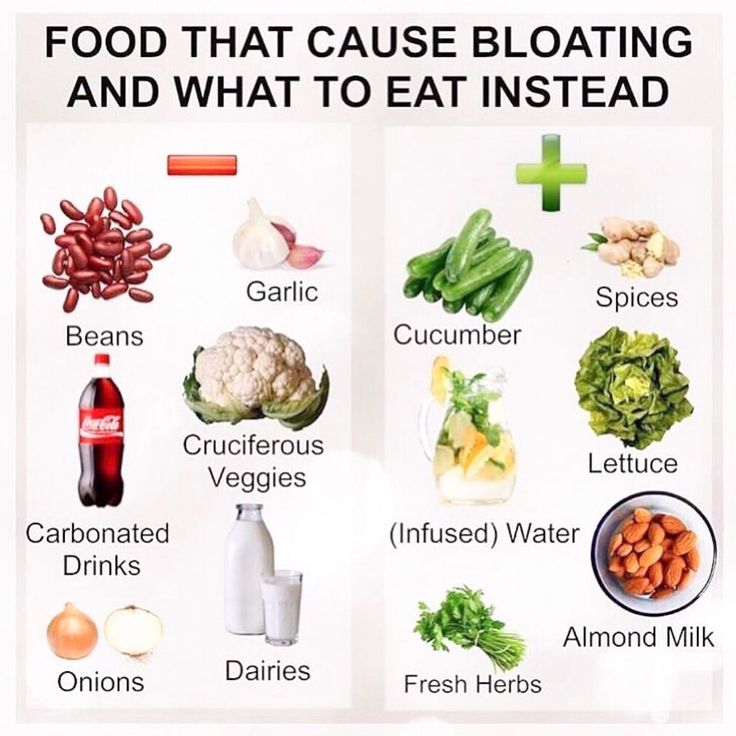 The habit of eating right is not due to self-control, but to taking care of yourself. nine0003
The habit of eating right is not due to self-control, but to taking care of yourself. nine0003
Basic eating habits from Lidia Ionova:
- Do not skip the main meals - breakfast, lunch, dinner
- Eat breakfast every day (1-1.5 hours after waking up)
- Lunch larger than dinner, dinner 3-4 hours before bedtime
- Snack between main meals
- Have an interval of 2.5-3 hours between meals
- Minimize animal fats and simple carbohydrates
- Minimize alcohol consumption, restore healthy sleep
- Drink enough water (for a healthy person - 35 ml per kg of body weight per day)
- There is a sufficient amount of vegetables and fruits (500 g per day, potatoes are not considered vegetables)
- Leave some food on the plate at the end of the meal and buy healthy foods in a timely manner
- Treat yourself with love and support
Photo: Getty Images
Raisa Murashkina
How to Stop Boredom Eating
Are you used to chewing something when you are bored? We have 13 tips to help you break this habit.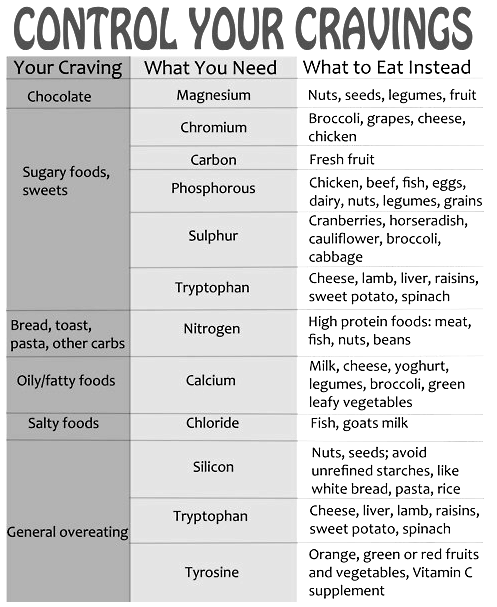 nine0003
nine0003
Petr Yastrebov
Tags:
Question answer
Popular
weight loss
Diet for weight loss
Getty Images
It's not unusual to have a snack when there's nothing to do, even if you're not really hungry. Eating out of boredom from time to time can be completely normal and nothing to worry about. However, sometimes this can have health consequences, including weight gain. Here are 13 tips on how to stop overeating out of boredom. nine0003
1. Eat regularly throughout the day
Try to spread your calorie intake around your regular meal and snack schedule. This can make you feel fuller and less hungry than eating the same amount of calories on a less regular eating schedule.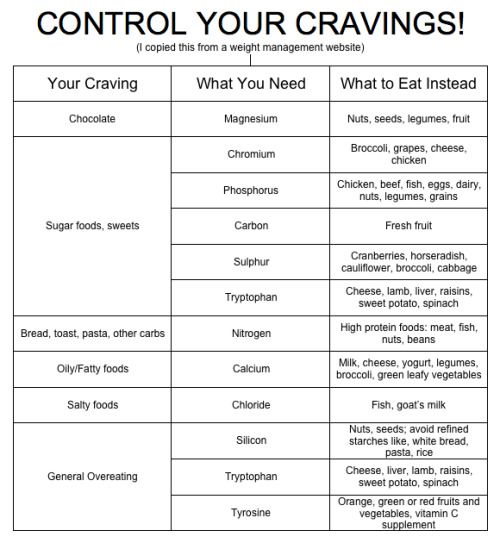 If you're happy with your food choices for the day, you'll be less likely to snack when you're bored. What's more, knowing what you plan to eat or snack in the next few hours can be a motivation to refrain from eating until then. nine0003
If you're happy with your food choices for the day, you'll be less likely to snack when you're bored. What's more, knowing what you plan to eat or snack in the next few hours can be a motivation to refrain from eating until then. nine0003
The same meal schedule is not for everyone. Some people are fine with three meals each day, while others may prefer more or less. Finding the right routine for you and sticking to it seems to matter more than the exact number of meals and snacks you eat each day.
2. Don't limit your favorite foods
If you tend to crave certain foods when you're bored, you may want to cut out those foods entirely to get rid of the temptation. However, for some people, this approach can be counterproductive. Instead of cutting out foods, try eating them regularly but in moderation. This can help reduce the urge to snack on these foods when you're bored. nine0003
3.
 Choose nutritious, filling snacks
Choose nutritious, filling snacks When you've just eaten or had a snack, you're less likely to associate feelings of boredom with the desire to eat. Some foods are more satisfying than others. Particularly satisfying foods include:
- Proteins: eggs, fish, meat, yogurt, cottage cheese.
- Fiber-rich foods: oatmeal, quinoa, whole grains, legumes, popcorn.
- Foods with a high water content: fruits, vegetables, soups. nine0064
( See also: Why we eat stress and how to stop doing it)
4. Eat off your plate
Sometimes it's hard to tell hunger from boredom. In order not to overeat at such moments and not let boredom get the better of your appetite, arrange snacks on a plate, and do not eat them directly from a bag or container. Visual cues, such as the size of the plate you are eating from, can influence how much you eat.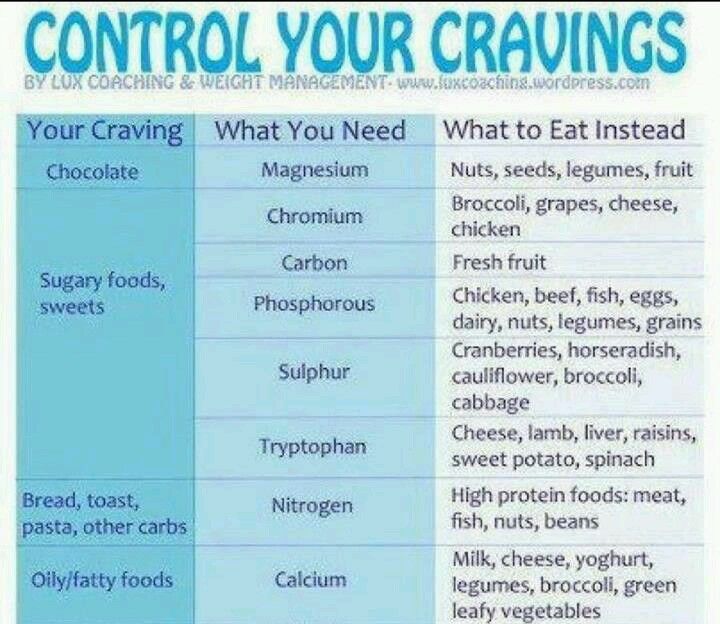
5. Eat mindfully
Eating consciously means being aware of your mental and physical state associated with food. This mindfulness is especially helpful because it helps people reduce their food intake in response to emotions like boredom. Mindful eating is useful for distinguishing between boredom and hunger, as it emphasizes the need to pay close attention to your desires, as well as hunger and satiety cues.
6. Know Your Signs of Hunger
Perceiving your specific signs of hunger and fullness can be one of the most effective ways to tell if you are hungry or bored. When the body is physically hungry and needs calories for energy, you may notice signs such as stomach rumbling, headache, and feeling weak or tired. On the other hand, when you are hungry out of boredom (or another type of emotional hunger), you may crave certain foods without any of the traditional signs of physical hunger.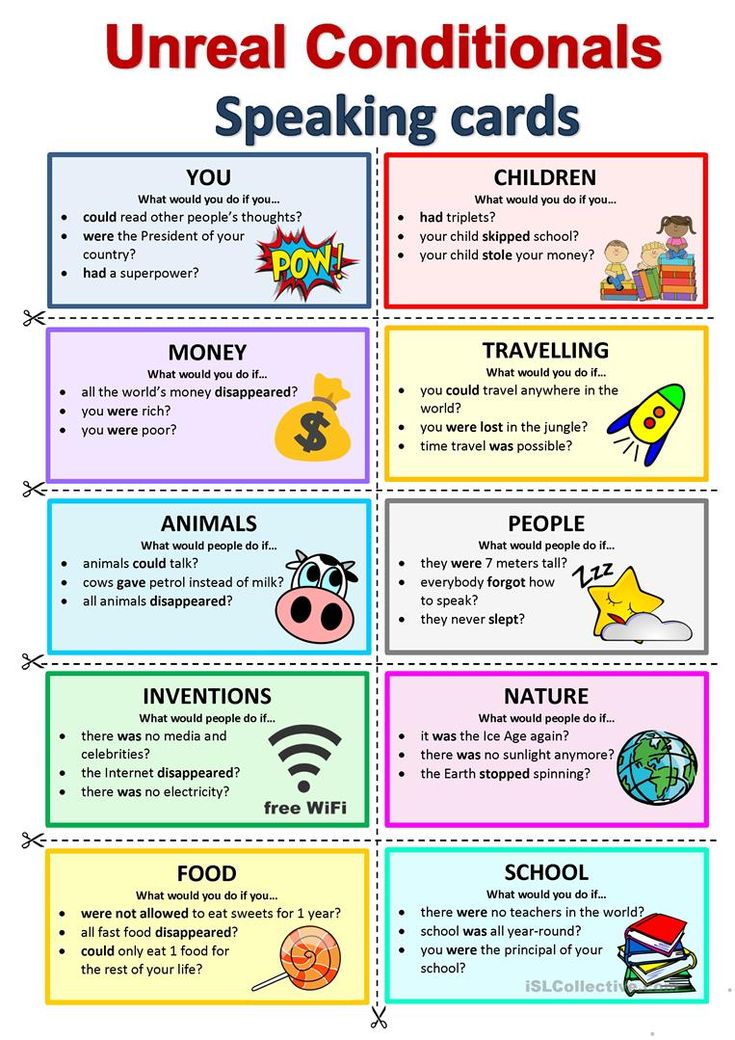 nine0003
nine0003
7. Embrace your boredom
Boredom too much can have detrimental health effects in certain situations, such as increased depression and changes in eating habits. However, a little boredom from time to time is normal. Moreover, boredom can have certain advantages. For example, it can encourage you to get creative.
( Read also: 5 tips to stay motivated when you're on a diet)
8. Relax
Remember that sometimes you can snack out of boredom. When this happens, don't take it as a defeat. Rather, use it as a learning experience and an opportunity to treat yourself with kindness and compassion.
9. Know your triggers
External factors often trigger the desire to eat, especially when it comes to psychological types of hunger such as boredom. Identifying the triggers in your life that make you want to eat when you're bored is the key to kicking the habit.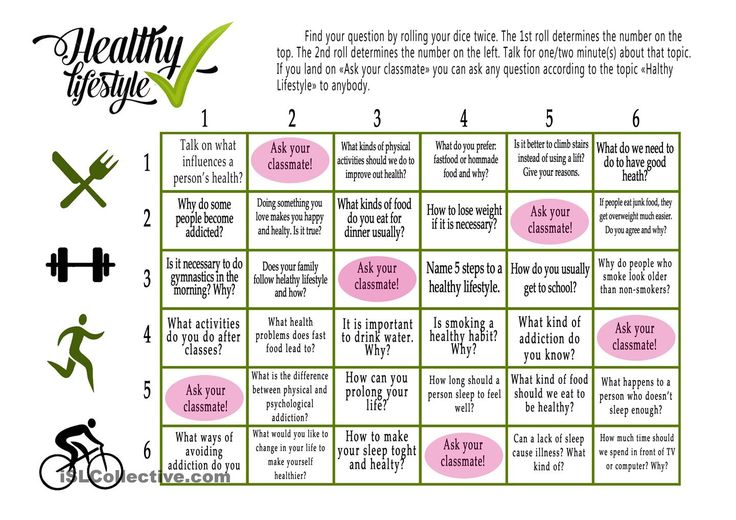 Common triggers to be aware of are stress, food availability, and food images. Make notes in your food diary about what you do and what is around you when you feel like eating. This can help identify—and stop—the habit of eating out of boredom. nine0003
Common triggers to be aware of are stress, food availability, and food images. Make notes in your food diary about what you do and what is around you when you feel like eating. This can help identify—and stop—the habit of eating out of boredom. nine0003
10. Avoid wanting to eat in front of a screen
Eating in front of a screen when you are bored can make you overeat even when you are not hungry. People tend to eat more when they are distracted or in front of a TV screen or computer monitor. Get rid of the associations you may have between food and screen time, eat at the table instead of in front of the TV, and put your phone down during dinner. Consider replacing mindless eating while watching a screen with another activity like painting or playing with a toy to keep your hands busy while you watch TV. nine0003
( See also: What is binge eating and how to deal with it)
11.
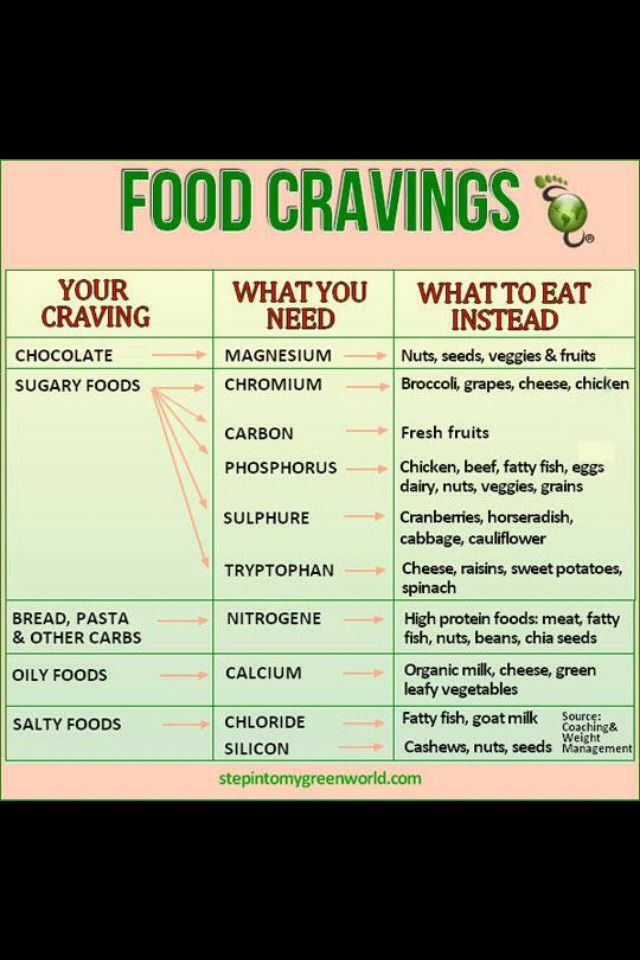 Change your landscape
Change your landscape Sometimes all it takes to take your mind off food when you're bored is a little change of scenery. When you're bored and fighting the urge to eat, getting up and moving to a new place—even just from one room to another—may be enough to distract you from eating until the boredom wears off.
12. Take a walk
When you're bored, walking not only takes your mind off any urge to eat, but it also physically relieves you of temptations. Sometimes a 10-20 minute walk is all it takes to re-focus and forget about the desire to snack out of boredom. If you can't go anywhere, you might find it helpful to spend a few minutes stretching or doing some breathing exercises.
13. Make New Habits
One of the benefits of boredom is that it can motivate you to try new things. The next time you get bored, think about how you would really like to spend that time.